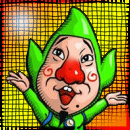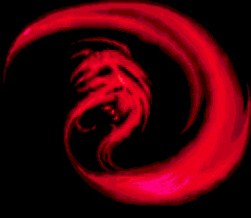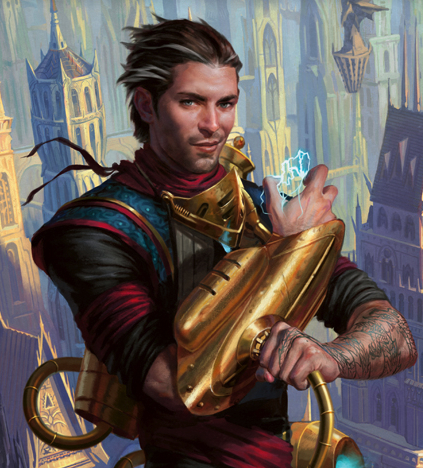I think people are reading too much into it. It makes sense, and if Majora's Mask had ended any way other than it did, I might like it. As is, I think Majora's Mask was intended as a coming of age story for the gamers playing it. Ocarina was very much into hand-holding the player through the plot, and very rarely does Link take real initiative beyond what one of the other characters tells him to do...because he's a child.
Then there's Majora's Mask. Aside from a deliberately cryptic remark from Tael and a deal with the Happy Mask Salesman, no one tells Link what to do. Ever. The instant he takes initiative to do things on his own he runs into worlds which should be upside-down and underground.
Link is going through the stages of grieving because he is LITERALLY GRIEVING THE UNIVERSE WHICH MADE SENSE. He's having to become an adult, which means dealing with adult concerns, like death, making decisions when you don't know what's going on, and even learning to cope with sexuality and love. I think all of us kinda went through a grieving stage when we realized we didn't understand this universe as well as we thought we did.
And this makes perfect sense in universe, too. Ocarina ends with Zelda admitting she made a mistake, and all through Majora's Mask Link is coping with that realization. There are other things he's grieving, but Zelda's guidance and a universe which makes sense are the big ones.
There's also the Link Stalfos in Twilight Princess. If Link had died as a child (before Majora's Mask) he would be a Stalchild. His spirit is an adult Stalfos. As we haven't seen the Ocarina of Time since Majora's Mask, I'm inclined to think Ocarina Link NEVER returned to Hyrule. That's the other thing he's grieving: he can't return, so he will never have a home (the Happy Mask Salesman says he's in the "midst" of his travels. then immediately says Link should return home "as well." The clear implication is that travel IS Link's home, and Link will be doing the Ace Rimmer thing for the rest of his life. Needless to say, because he never returned, he could never pass on his techniques to the next hero, so his spirit assumed the form of a Stalfos. In Zelda lore, dead people are either poes or stalfos, and only the stalfos can show Twilight Princess Link swordsmanship techniques.
That said, I beg to differ with the standard interpretation of Majora's Mask. Link is *not* looking for Navi. The book-ending image of Link's carving on the stump is very clear he was looking to save the Skull Kid. He didn't start that way, sure, but by the end he realized that was what he had been looking for all along.



















